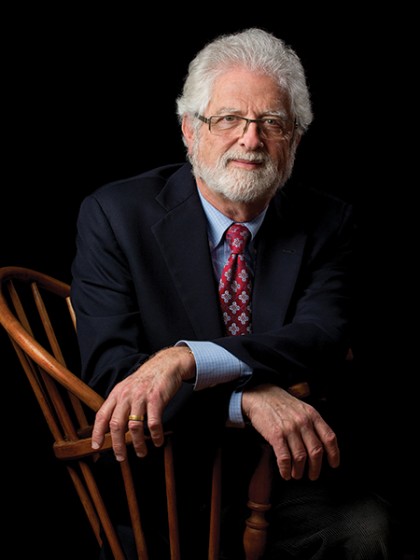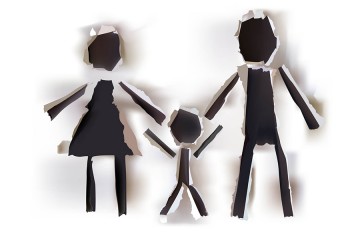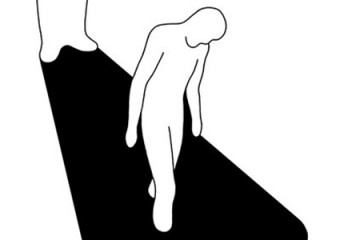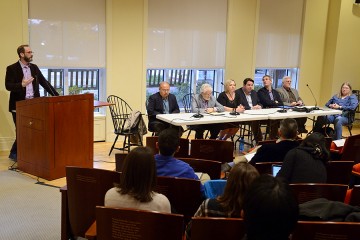This month, Johns Hopkins Magazine debuts its new podcast, The Known World. Each episode will be an informative conversation with a Johns Hopkins scientist, medical researcher, creative artist, policy expert, or scholar about their knowledge and expertise. Our first guest is sociologist Andrew Cherlin, and below the podcast are excerpts from the conversation.
How do you define the working class?
I draw the line at a four-year college degree. The people with a college degree or more are the ones who have access to professional jobs and the technical jobs that give you a good, steady income. The people without a college degree can't get those jobs. Sometimes I call them "the would-be working class" because they would take the factory jobs that used to be there. You could argue that we really have a shadow working class, people who would like to take the stable industrial jobs that used to support families.
What's the current state of this group?

Image caption: Andrew Cherlin
Image credit: Marshall Clarke
The working class is in dissolution. Their lives are unstable. They are disengaged, floating away from the middle class. We have a large group of people now who don't have the stable anchors they had 50 or 60 years ago. They don't have the kind of stable jobs that last a long time and pay decent wages for full-time work. They're not going to church as much as they used to. They're not marrying. Instead, they're taking up short-term cohabitive relationships and having kids in them. It's very alarming, and the most alarming recent indicator is the rise in deaths due to opioids.
Yet employment numbers are high, so people do have jobs. Is the biggest difference now that while people are working, they don't have the stability and security and sort of high wages that they used to?
What's happened is that at the middle of the job market we've seen the biggest contraction. People call this the hourglass economy. In the middle it's pinched as the kind of mid-level, decent-paying job that used to give people a decent standard of living has disappeared. So, you've got a decent but really low-paying labor market at the bottom, a really good professional and technical layer at the top, but in the middle the opportunities are just not there the way they were.
What accounts for things you've cited like changes in marriage and people not going to church?
I think the heart of it is that we have a generation that is not able to have the kind of life they thought they were entitled to, the kind of life they saw their parents having. These are people who grew up in working class families with at least one parent who had a decent income from a stable job. A stable family. They thought they would have that kind of life, and now they can't because the jobs that sustained them are not there. What I think we've had is a generation with high expectations but not getting what they thought they would, and it's largely among the white working class that we see that. Those are the people whose dads were unionized and made the highest wages. African-Americans and Hispanics still make less money, but if you ask them how the present is compared to what was happening a generation ago, many will say things have gotten better. They're not great, discrimination is not over, but things are better than they used to be. But the white working class sees a decline from what their parents had, and they're angry because they think what they were entitled to has been taken from them and given to, in their eyes, less worthy groups.
Employment is crucial in shaping someone's sense of self.
Work gives people dignity as well as an income. What we've seen is a group of people who can't get the dignity they would like from work. That dignity is important to people, and without it they're often unhappy, even if they're not really poor. They're still not carrying themselves with pride. They're not feeling like a contributing member of society.
Read the full transcript of the podcast.
Posted in Voices+Opinion, Politics+Society
Tagged sociology, political science










